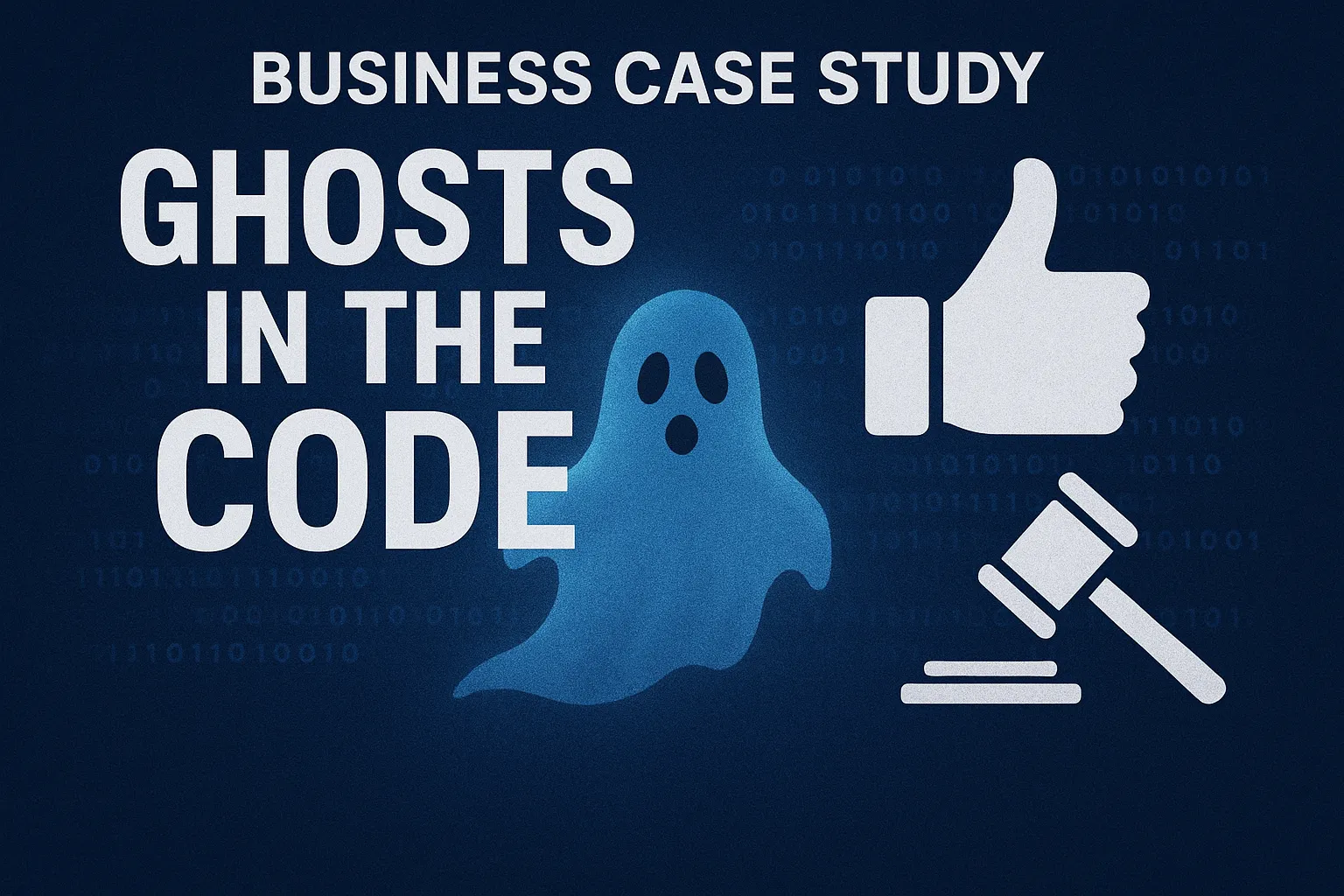 Case Studies Club
Where Strategic Minds Meet
Case Help
Case Studies Club
Where Strategic Minds Meet
Case Help
The Chocolate Empire's Inflection Point - Scaling Magic Without Losing Soul
Balancing Operational Excellence Against Cultural Heritage While Managing Explosive Growth
Wonka Industries faces a critical strategic decision following the unprecedented success of its Golden Ticket campaign, which has sustained chocolate sales at 180% above pre-contest levels but overwhelmed the company's artisanal production infrastructure, forcing leadership to choose between automation, innovation investment, geographic expansion, or strategic partnerships. The decision is complicated by a leadership transition from inventive wizardry to operational pragmatism, requiring the new management to balance preserving the company's magical brand essence against building scalable competitive advantages in an increasingly aggressive global marketplace.
Core Themes:
Turn Business Challenges Into Strategic Wins
Browse our Insights Marketplace for frameworks and tools that drive results
Explore MarketplaceOverview
Wonka Industries stands at a crossroads that will define its trajectory for generations. Following the unprecedented success of the Golden Ticket campaign, the legendary confectionery manufacturer faces a challenge that success often brings: how to scale magical craftsmanship without compromising the very essence that created its mystique. With chocolate sales sustained at 180% above pre-contest levels and global demand creating months-long waiting lists, the company's artisanal infrastructure has reached its breaking point.
The central dilemma extends beyond operational capacity. Under new leadership that brings operational acumen rather than inventive wizardry, Wonka Industries must determine whether its future lies in industrial efficiency, continued innovation leadership, or global market expansion. Each path demands substantial capital reallocation and threatens to fundamentally alter the company's DNA. The stakes are existential: maintain the magical quality that defines the brand while building sustainable competitive advantages in an increasingly aggressive marketplace.
Backstory
Wonka Industries emerged from humble origins to become the most recognizable name in premium confections through a combination of technological innovation, theatrical marketing, and production methods that bordered on the mystical. The company built its reputation on impossibilities made edible—everlasting gobstoppers, chocolate rivers, and teleportation technology that miniaturized candy bars. This approach created not just products but experiences, establishing customer loyalty that transcended typical brand relationships.
The Golden Ticket contest represented the culmination of this philosophy, transforming chocolate purchasing into a global treasure hunt. The campaign's success exceeded all projections, generating a 340% surge in immediate sales and sustaining demand at levels that exposed critical infrastructure limitations. Th...
🔓 Unlock This Case Study
Access full cases, analysis, recommendations, and community insights


